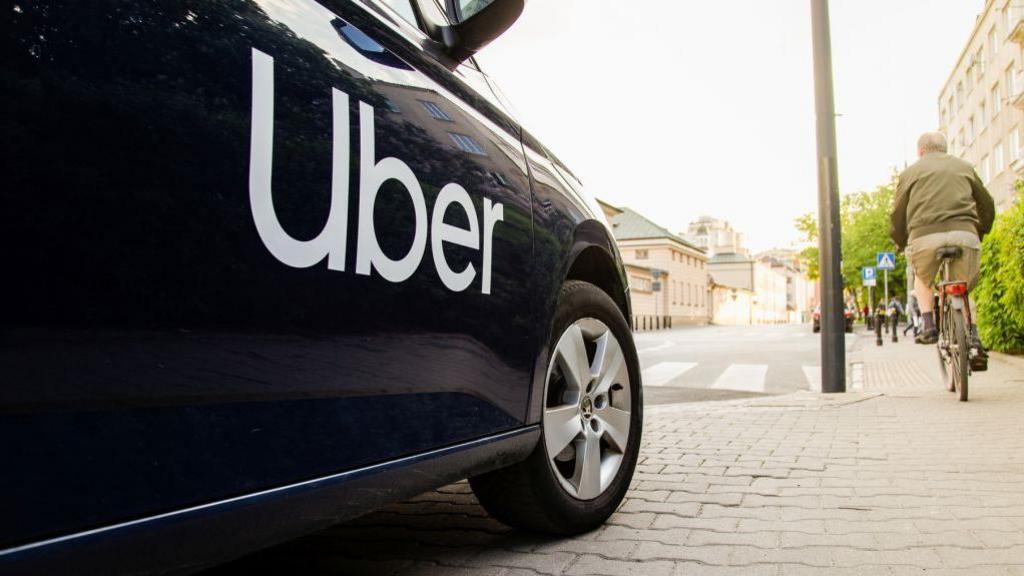Uber's latest quarterly earnings report has sent a strong signal to investors, with the company topping revenue forecasts and unveiling a massive $20 billion stock buyback plan. The ride-hailing giant reported an 18% increase in revenue, reaching $12.65 billion, exceeding analyst estimates of $12.46 billion. This significant growth is a testament to the company's ability to navigate the ever-changing landscape of the transportation and food delivery markets. With a net income of $1.36 billion, or 63 cents per share, Uber has demonstrated its commitment to driving profitability and expanding its services to meet the evolving needs of its users.
The company's growth can be attributed to the strong performance of its mobility and delivery segments, with gross bookings increasing 18% and 20% year over year, respectively. Uber's "monthly active platform consumers" also saw a 15% increase, reaching 180 million in the second quarter, with users booking around 3.3 billion trips during the period. This steady growth is a positive indicator for the company, and CEO Dara Khosrowshahi's comments on the consumer market suggest that Uber is well-positioned to continue its expansion. Khosrowshahi noted that the company is not seeing any weakness in the consumer market, which is "great news" for Uber.
The $20 billion stock buyback plan is a significant move by Uber, demonstrating the company's confidence in its financial position and its commitment to returning value to shareholders. This initiative is likely to have a positive impact on the company's stock price, which has already seen a 48% increase this year. The buyback plan also highlights Uber's focus on driving long-term growth and profitability, rather than just prioritizing short-term gains. As the company continues to invest in new technologies, such as autonomous vehicles, and expand its services to meet the needs of families and other demographics, it is likely that Uber will remain a major player in the transportation and food delivery markets.
The company's push into autonomous vehicles is a key area of focus, with partnerships with 20 companies involved in autonomous mobility, delivery, and freight services. Uber is already offering autonomous services in 12 different cities, and its partnership with Alphabet-owned Waymo has led to the launch of commercial robotaxi service in Austin, Texas. This move into autonomous vehicles is not only a significant step forward for Uber but also a major trend in the industry, with the potential to create safer streets and drive growth. As Khosrowshahi noted, the competition in the autonomous market will ultimately lead to safer and more efficient transportation options, and Uber is well-positioned to be a major player in this space.
The economic impact of Uber's growth and expansion cannot be overstated. The company's increasing revenue and profitability are a positive indicator for the broader economy, and its investment in new technologies and services is likely to drive job creation and growth in the industries it operates in. As the company continues to navigate the complexities of the transportation and food delivery markets, it is likely that Uber will remain a major player in the global economy. With its strong financial position, commitment to innovation, and focus on driving long-term growth, Uber is well-positioned to continue its expansion and remain a leader in the industry.
In conclusion, Uber's latest quarterly earnings report is a significant indicator of the company's strength and growth potential. With its strong revenue growth, increasing profitability, and commitment to innovation, Uber is well-positioned to continue its expansion and remain a major player in the transportation and food delivery markets. The company's $20 billion stock buyback plan and its push into autonomous vehicles are just two examples of its focus on driving long-term growth and profitability, and its commitment to returning value to shareholders. As the company continues to navigate the complexities of the global economy, it is likely that Uber will remain a leader in the industry, driving innovation and growth for years to come.

